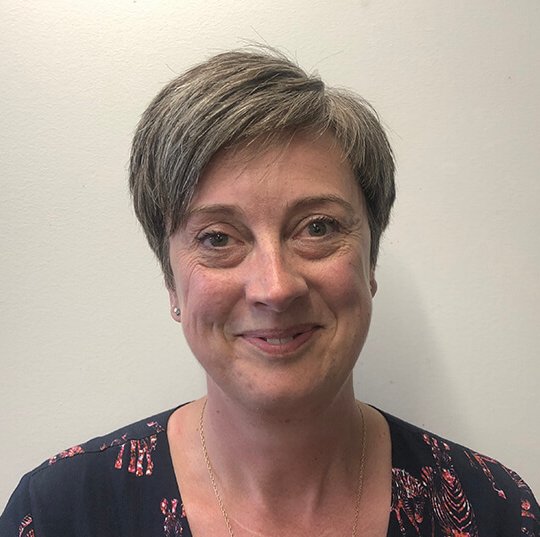
To get through Covid we need more CPD, not less
21/10/2020
Re-adjusting to formal education is a challenge for everyone. It’s vital that learners aren’t the only ones who are supported through it. High quality, adaptable CPD is the answer.
Teachers and school leaders carry high levels of responsibility in making sure learners leave education with the best possible outcomes. Now, they are doing it in a time of change and uncertainty. How to meet this volatility is a key concern, as it is likely to affect staff’s own wellbeing and effectiveness.
That’s why the best schools and organisations have maintained their focus on continued professional development (CPD). Not only does it drive up standards and performance, it is a cornerstone for managing organisational change. A commitment to learning for all sends a signal to staff that their school’s investment in them is as important as their learners’ GCSE results.
In spite of some of the media coverage, teachers have worked throughout this pandemic. They have had to adapt quickly and with little support to whole new teaching practices. It is nothing short of heroic.
Right now, many teachers could benefit greatly from a change in perspective. The opportunity to invest in their own learning and to step away from the classroom – be it for an hour’s webinar or a day’s training – has the potential to re-energise teachers and leaders.
The new face of CPD
The idea of taking time out of the hectic new school day may be unthinkable for some. Furthermore, in many regions travel and technology will prevent some staff from accessing such support. It’s therefore essential that professional development adapts too.
The first thing to note is that CPD can be as formal or informal as you like. The importance is the opportunity to reflect collectively in a low-stakes environment. Try shorter, in-school sessions scheduled at the end of the day with those in your bubble. Bring in a subject expert or your source your own materials.
Next, online learning isn’t just for pupils. Webinars are extremely inclusive and allow professionals from different schools and organisations to come together to share knowledge and experiences.
Finally, free resources have come a long way since the age of the quick-fix lesson plan or handout. There are endless free resources helping educators to reflect on their teaching practice and to support them to make long-lasting adjustments.
So, what about traditional professional development?
Traditional face-to-face events still have many benefits that are difficult to replicate. They tend to allow more teamwork, practical exercises and discussions and better lend themselves to breakout sessions. But while some schools will have the space for face-to-face training, it just won’t be possible for many. The emergence of more agile CPD is key to ensuring Covid’s legacy doesn’t become a wholesale injustice for the profession.
The pandemic has only served to enrich CPD provision, giving teachers immediate and unlimited access to expertise and knowledge. A rich new variety of opportunities could keep the profession nimble through this uncharted territory.
Nicola Podd
Director of Programmes, DYT
Nicola is DYTs Director of Programmes. She is responsible for the education offer in schools and delivery of the flagship programme ‘Drive for Literacy’. Nicola has a wealth of expertise in supporting schools to remove barriers to engagement and attainment. She is passionate about improving outcomes for children within an educational context and has dedicated her career to this working for SELT, NCTL and NAHT.

